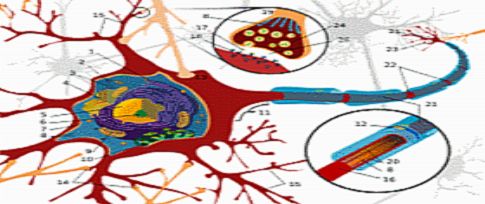
|
|
 |
CRP Test May Not Predict Heart Disease Studies Show High C-Reactive Protein Levels Are Not a Cause of Heart Disease By Daniel J. DeNoon, WebMD Health News CRP, once blamed as being one of the body's bad guys, doesn't cause heart disease -- and CRP tests aren't much help in predicting heart disease, new studies show. Blood levels of CRP -- C-reactive protein -- rise when there is inflammation in the body. Chronic inflammation plays a major role in heart disease, and increased CRP levels are linked to increased risk of heart disease. But a huge international genetic study now confirms earlier reports that CRP itself does not cause heart disease. The study shows that people whose genes cause them to make more- or less-than-normal amounts of CRP do not have more or less heart disease. Thus CRP-lowering drugs now under development "are unlikely to be fruitful," conclude study researchers Paul Elliott, FRCP, of Imperial College, London, and colleagues. Another new study shows that increased levels of CRP do mean a statistically increased risk of heart disease. But the increased risk is marginal and adds very little, if anything, to more traditional markers of heart disease risk. The study, by Olle Melander, MD, PhD, of Lund University in Malmo, Sweden, and colleagues followed more than 5,000 people for nearly 13 years. At the time the study began, participants' average age was 58 and they were free of heart disease. Melander and colleagues concluded that while CRP and other "biomarkers" of heart risk may be statistically significant, they are not always clinically meaningful. "In the future, better biomarkers and more creative strategies for combining them will be needed," suggest Svati H. Shah, MD, of Duke University and James A. de Lemos, MD, of the University of Texas Southwest Medical Center, in an editorial accompanying the two studies. The editorial, and the Melander and Elliott studies, appear in the July 1 issue of The Journal of the American Medical Association. SOURCES: Shah, S.H. and de Lemos, J.A. The Journal of the American Medical Association, July 1, 2009; vol 302: pp 92-93. Melander, O. The Journal of the American Medical Association, July 1, 2009; vol 302: pp 49-57. Elliott, P. The Journal of the American Medical Association, July 1, 2009; vol 302: pp 37-48..
|
Website Maintained By L VISHNU PRASAD ,Chennai ,India.

